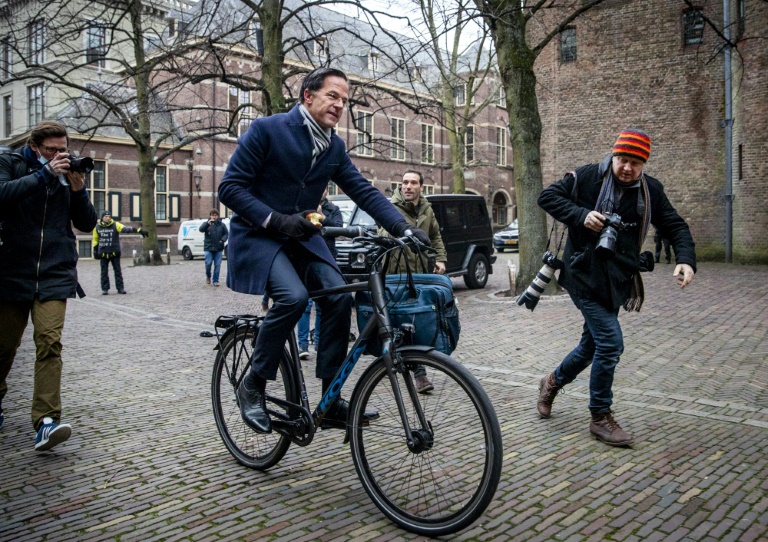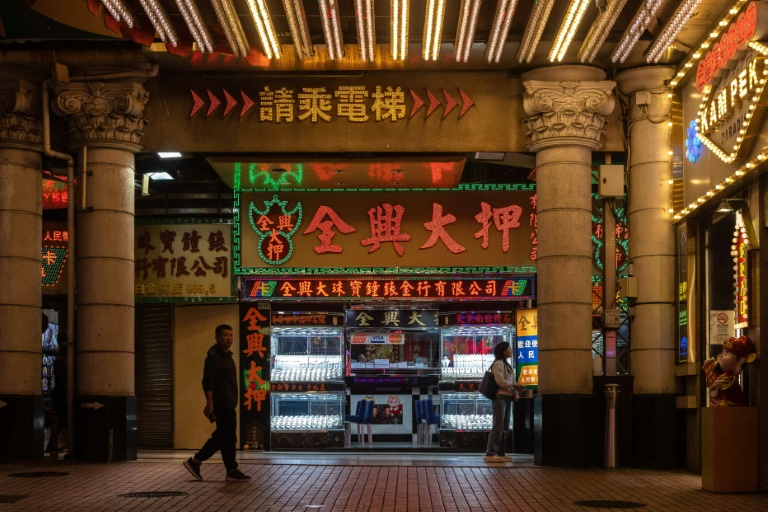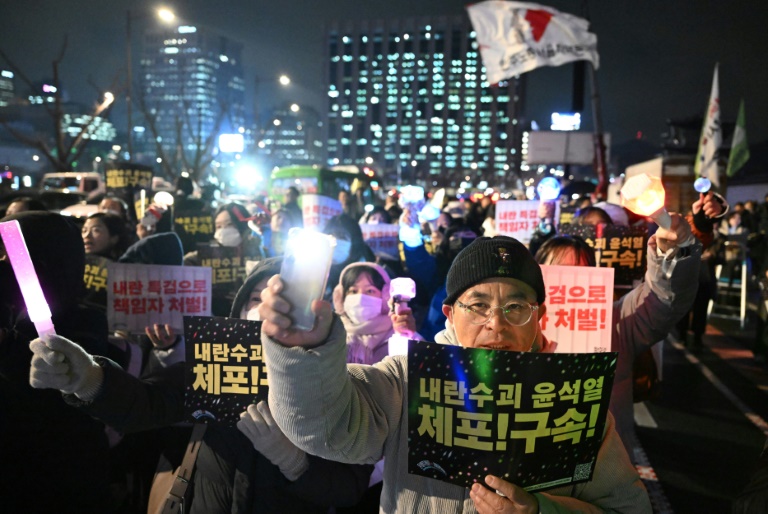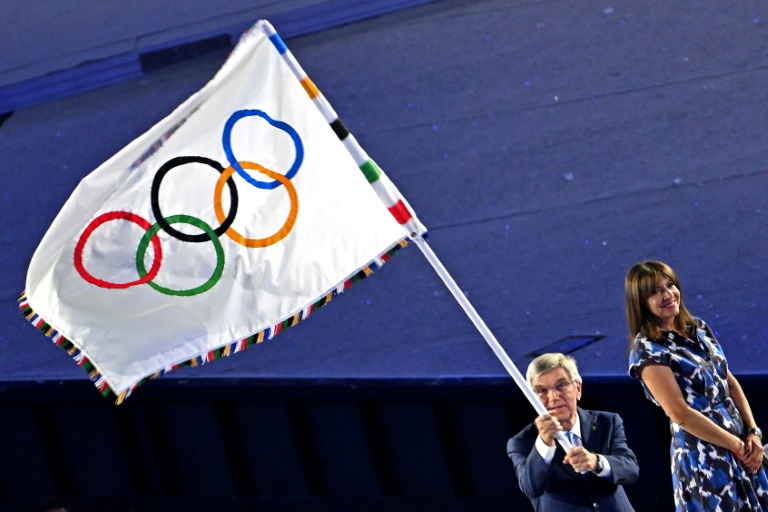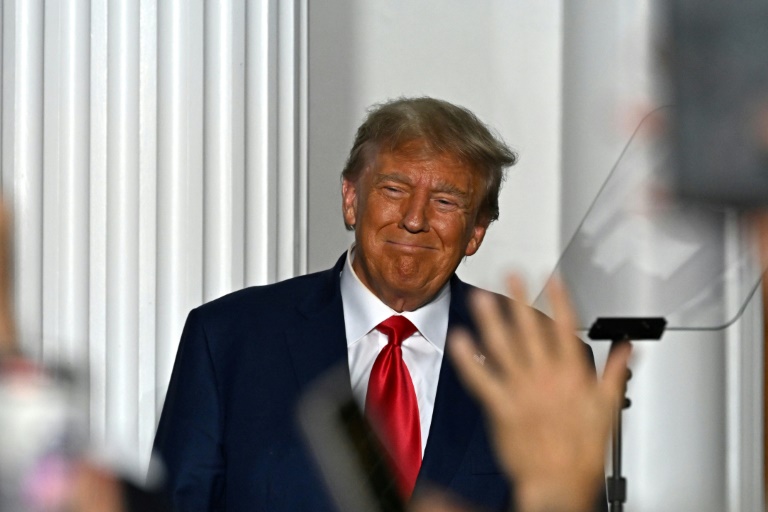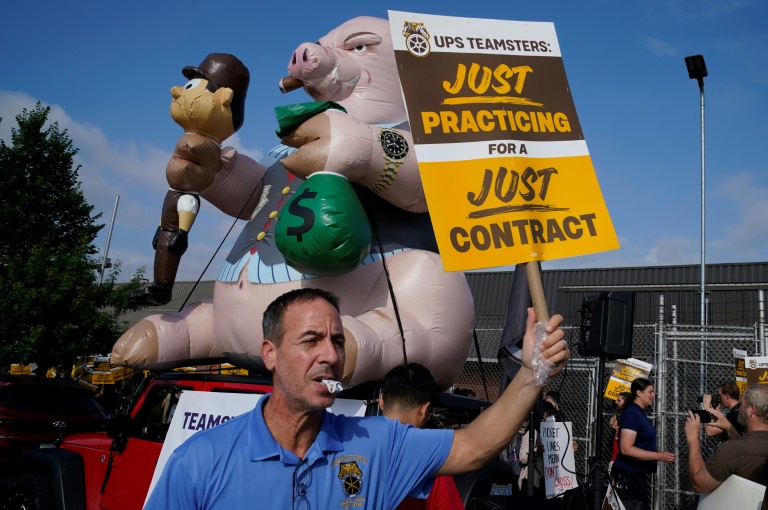AFP
Dubbed “Teflon Mark” because scandals slide off him like a pancake from a non-stick skillet, Dutch Prime Minister Mark Rutte has this time cooked up a crisis of his own making.
The longest-serving leader in the history of the Netherlands mystified Dutch media by setting a series of tough demands on migration that the 56-year-old’s coalition partners could never accept.
Why, they asked, would the man famed for the backroom political skills that have kept him in power for nearly 13 years press the self-destruct button on a government that only took office in 2022?
The four-party coalition collapsed despite crisis talks on Friday, Dutch media reported.
But it seems the famously frugal Rutte is saving his political currency for something he sees as more crucial — a fight with migration hardliners inside his own centre-right VVD party.
Whether he can survive the infighting and lead the party to win elections and the head of his fifth successive Dutch coalition government since 2010 remains to be seen.
Ironically given the current chaos, Rutte has long traded on an image of stability and caution in the face of southern European debt, populism and the Covid pandemic.
He rides his bike around The Hague, sometimes munching an apple with one hand and the other on the handlebars as he cycles to meetings with foreign leaders.
Tall and bespectacled, the lifelong bachelor describes himself as a “man of habit and tradition” who drives a second-hand Saab and volunteers as a teacher.
The youngest of seven children, his father Izaak was a trader, while his mother Mieke was the sister of Izaak’s first wife, who died in a Japanese internment camp in World War II.
Rutte initially wanted to be a concert pianist, but after attending the prestigious Leiden University he joined the Anglo-Dutch consumer giant Unilever, where he spent a stint at its peanut butter division, Calve.
A fan of British leaders Winston Churchill and Margaret Thatcher, Rutte finally went into politics with the pro-business VVD (People’s Party for Freedom and Democracy).
Rutte became premier in 2010 and immediately showed what critics called a willingness to sacrifice principle for power, entering a coalition supported by the firebrand anti-Islam politician Geert Wilders that later collapsed.
Wilders failed to unseat Rutte despite several attempts.
But critics said Rutte only managed to do so by pandering to the same anti-immigration rhetoric, with the issue now casting its shadow over his party once again.
“We call him the ‘Teflon’ prime minister,” Jesse Klaver, leader of the GroenLinks (Green-Left) party, told AFP at the time.
Rutte finally seemed to come unstuck in 2021, when his coalition resigned over a scandal in which thousands of parents, many from ethnic minority backgrounds, were falsely accused of childcare subsidy fraud.
He turned up on his bike to hand in his resignation to King Willem-Alexander — but then stayed on as caretaker premier, and won elections two months later.
In Europe furious southern countries have branded him “Mr No” for his opposition to bailouts but he has found common cause with Germany and France.
More recently he was mentioned as a possible future successor as NATO chief or European Council head.
Rutte though had repeatedly said he was happy where he was.
“It’s the best job in the world,” Rutte told a press conference in 2022 when he passed former PM Ruud Lubbers’ record for time in office — before joking: “I feel like I’m nearly halfway through.”

